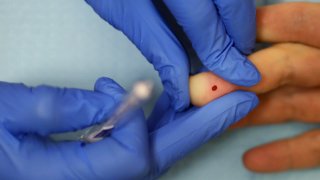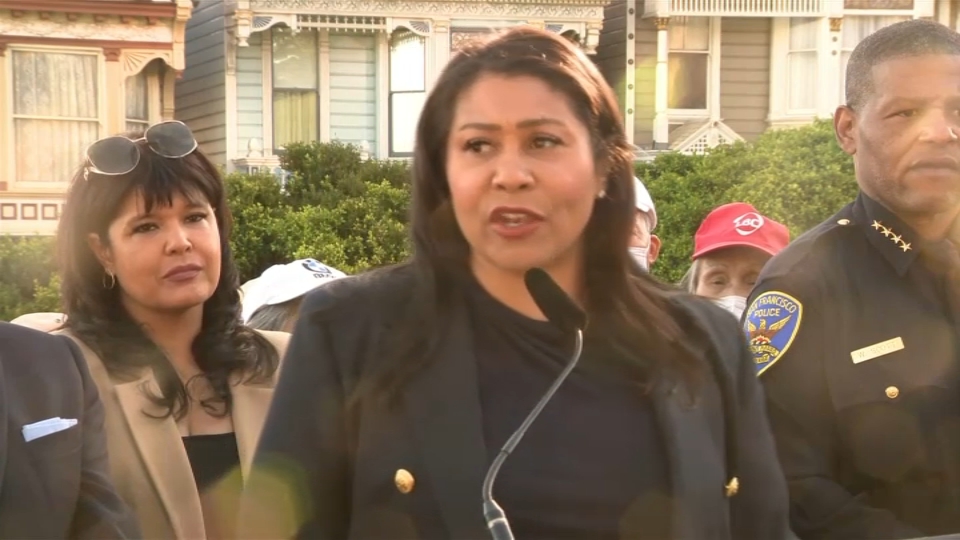
The number of new HIV cases in San Francisco continues to reach record lows, according to a new report released Thursday by the city's Department of Public Health.
The 2019 Annual HIV Epidemiology Report reveals new HIV diagnoses dropped to a record low of 166 last year -- down 19 percent from 2018.
Additionally, of the 166 new cases, 95 percent of those were linked to care within a month and 78 percent were virally suppressed within six months after the diagnosis.
In addition to an overall decline of new cases, the report also noted a drop in new infections among African Americans, Latinx, people who inject drugs and people experiencing homelessness. Despite the drop, diagnoses rates for African American and Latinx residents still, however, remain higher than the rates for white and Asian and Pacific Islander residents.
"We are seeing encouraging trends on many fronts towards achieving San Francisco's goal of zero new HIV infections, but we can't let up on our efforts to address disparities and ensure people get the care and treatment they need," Mayor London Breed said in a statement.
"San Francisco has always been and will continue to be the leader of HIV/AIDS care and prevention," she said. "The city's health care experts and community partners are continuing their efforts to decrease disparities among populations and improve HIV care for everyone in our city."
"While the 2019 numbers make our progress in eliminating new HIV diagnoses look promising, the ongoing disparities and gaps revealed by the data tells us much more work still needs to be done," Health Director Dr. Colfax said. "We will do so by focusing on equity and by working together with our community partners, scientists, academics, providers and the city's leaders.
Local
"I am committed to combining our efforts to ensure that all San Francisco communities have access to HIV prevention and care that works for them and be the first city to get to zero," he said.
Back in 2014, the city partnered with several community organizations, researchers and health care providers for the Getting to Zero initiative, which aims to tackle disparities that put people at risk and get to zero new infections citywide by 2030.
"Getting to Zero is pleased, but not satisfied with the reduction in cases," Getting to Zero Co-Chair Dr. Diane Havlir said. "We still had over 160 new HIV diagnosis and over 70 HIV-related deaths due to AIDS, which never should happen if persons are diagnosed and treated early. Innovative and multi-sector approaches are needed for HIV prevention and treatment that reach communities of color and youth."
The report can be found at https://www.sfdph.org/dph/files/reports/.



